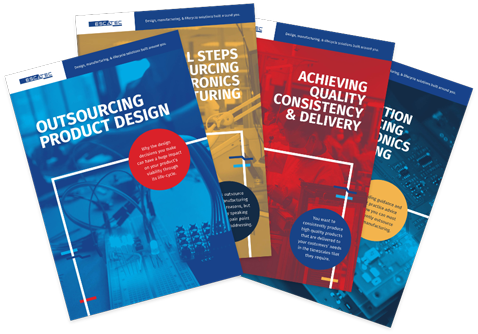ESCATEC is heading to Embedded World 2026 in Nuremberg
Embedded World is where the future of embedded systems takes shape. Each year, ...
RESOURCES
By signing up you agree to our Privacy Policy

©2026 ESCATEC. All rights reserved.